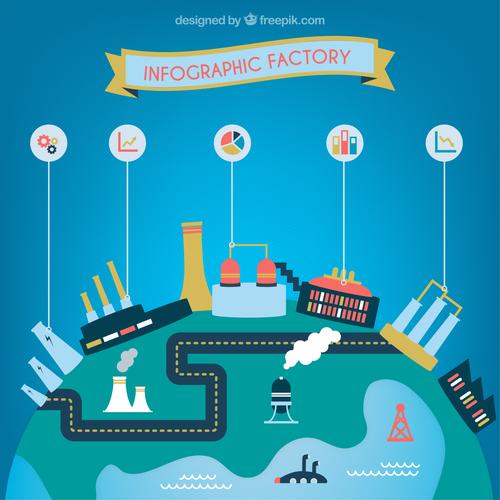Smart Technology Is Replacing the Knowledgeable Baby Boomer 26912
Advanced manufacturing equipment now provides a level of plant understanding that goes beyond the knowledge of experienced automation engineers.
September 14, 2016
Intelligent plant equipment is becoming easier to deploy and run. Much of these new manufacturing tools require little programming or lengthy integration. Much of it is plug-and-play equipment with open communication standards and configurable tools. These smart systems are stepping in to replace the retiring knowledgeable Baby Boomer plant engineer. This topic and other advances in plant technology will be explored at the Design and Manufacturingconference in Minneapolis next week.

Fifteen years ago, plant managers began to wring their hands about the retiring controls engineers who knew all the sounds and smells of the manufacturing equipment. As I spoke with both vendors and plant personnel all those years ago, I kept hearing the same refrain: There’s nobody coming up to replace the Boomers’ knowledge, and they’re about to walk out the door. Then two things happened to take the pressure off. First, the stock market collapsed in 2009 forcing many Boomers to delay retirement for a few years. Second, automation vendors started building plant knowledge into the equipment.
 Building Intelligence into the Plant Equipment. Learn about the advances in plant systems at the Panel Discussion: Beyond a Paperless Plant: Mastering the Cyber-Physical Transformation, which takes place at Design & Manufacturing, Sept. 21-22, 2016 in Minneapolis. Register here for the event, hosted by Design News’ parent company, UBM.
Building Intelligence into the Plant Equipment. Learn about the advances in plant systems at the Panel Discussion: Beyond a Paperless Plant: Mastering the Cyber-Physical Transformation, which takes place at Design & Manufacturing, Sept. 21-22, 2016 in Minneapolis. Register here for the event, hosted by Design News’ parent company, UBM.
That gap between the impending Baby Boomer exodus and when the Boomers actually started to leave bought vendors a few years to improve technology that could allow less-experienced plant operators to run the equipment without decades-deep knowledge. Condition monitoring equipment became the eyes, ears, and nose that can bring attention to an overheating motor before it breaks. Advanced connectivity systems began to tie together equipment from disparate vendors. Big data analytics started to help optimize the plant system in ways that were far beyond even the most savvy Boomer engineer.
At the panel discussion: Beyond a Paperless Plant: Mastering the Cyber-Physical Transformation, industry leaders will explore just how far plant intelligence has come in recent years, and they will also discuss the implications this technology will have on plants of the future.
READ RELATED ARTICLES ON DESIGN NEWS:
While these bleeding-edge automation tools are not yet widely deployed, they are showing up at the manufacturing sites of the more advanced plants in automotive, aerospace, and consumer goods. Panelists will discuss the new tools for the advanced plant, including the use of robotics to improve plant flexibility, ways to leverage data coming off the machines, and the use of simulation and visualization to lay out, change, and optimize plant systems.
Panelists come from leading technology and research companies. They include Jiani Zhang, program director for offerings strategy at IBM Watson Internet of Things; Rohit Balasubramanian, senior manager for Big Data at Deloitte; Barry Clark, VP for R&D at Softwear Automation; and Tom Geiger, head of electric automation at Festo.
The panelwill take place on Wednesday, Sept. 21, at 10:00 a.m. at the Minneapolis Convention Center.
Rob Spiegel has covered automation and control for 15 years, 12 of them for Design News. Other topics he has covered include supply chain technology, alternative energy, and cyber security. For 10 years he was owner and publisher of the food magazine Chile Pepper.
About the Author(s)
You May Also Like





